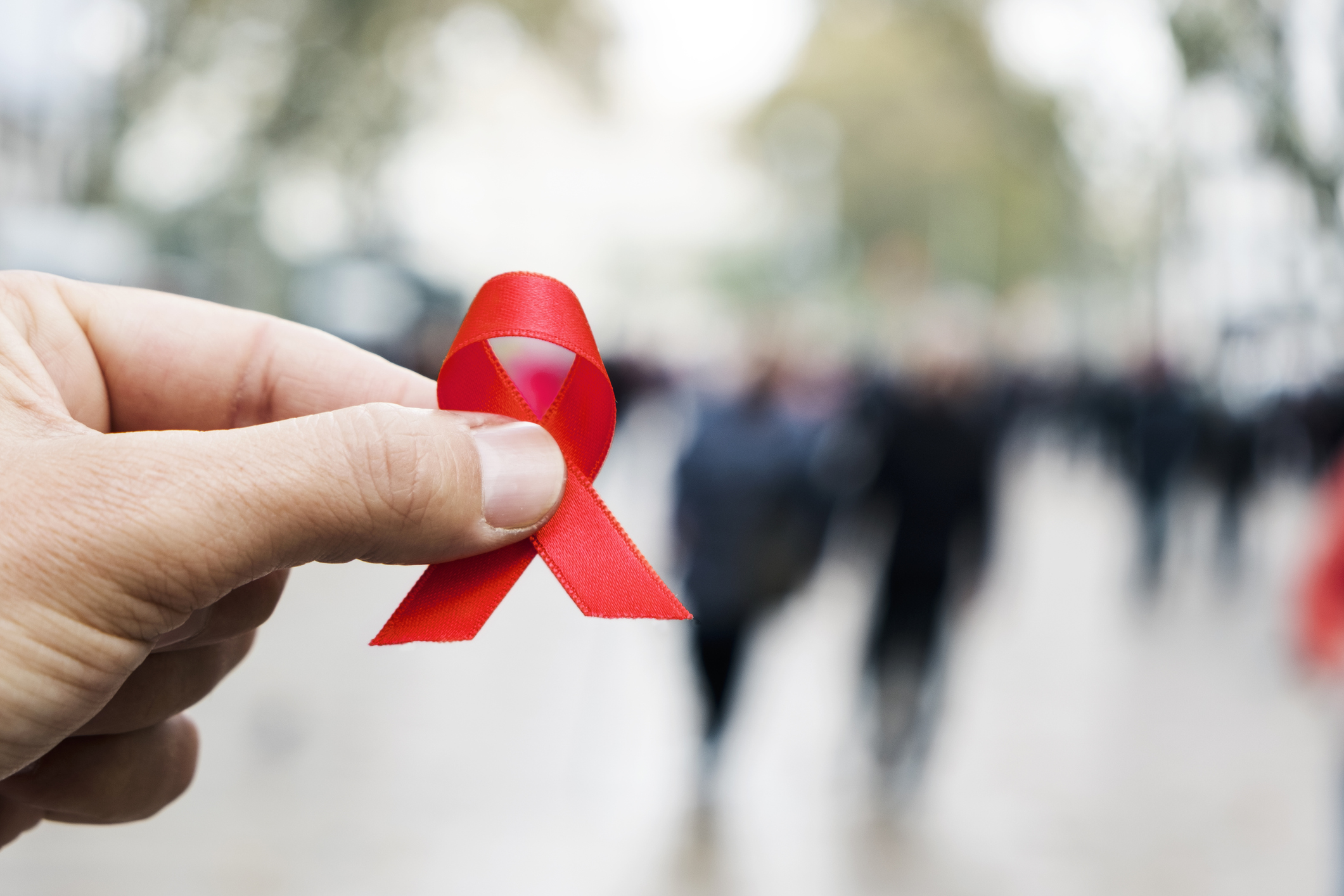Coming out as gay in the 1990s instantly put you in a high-risk category for HIV. Many friends lived in fear of contracting it and it was seen as a death sentence. I had two friends who died from AIDS and the waste of their young lives being lost still angers me over 20 years later.
Thankfully, things have improved. With advancements in science, society becoming more accepting and understanding broadened; we have come a long way from where we were and the Government’s commitment of having zero new cases by 2030. There is, however, more that needs to be done to achieve this.
I have been calling for a four-pronged approach which focuses on improving sex education, an expansion of opt-out testing, better availability of pre-exposure prophylaxis (PrEP) and finding the 13,000 people with HIV who are lost to care.
Sex education is of vital importance. Young people think about sex, have sex and experiment with sex. That is fact. Rather than turning a blind eye to this and pretending it does not happen, we must make sure that our young people understand how to have sex safely and are well informed. On HIV specifically, comprehensive sex education in schools and community outreach programs can empower people with the knowledge they need to protect themselves and others from HIV transmission. These initiatives should focus not only on biological factors but also on addressing stigma and discrimination surrounding HIV, which often deter people from seeking testing and treatment.


Opt-out testing has already helped identify more than 3,000 people with HIV, Hepatitis B and Hepatitis C in 16 months alone. This means that those 3,000 people will be able to get treatment and stop the spread. I welcome that the Government has have expanded that testing to a further 47 emergency rooms, so that we can find even more people. I firmly believe that the success of opt out testing thus far should keep on being expanded as it has been pivotal in in identifying, treating and preventing the spread of these STDs.
On PrEP, the remarkable roll out has seen so many people in high-risk groups be able to enjoy sex without the worry of contracting HIV. There are, according to the latest statistics from 2022, 86,324 people using PrEP. That figure is no doubt more now and has been hugely successful in making sure that people are protected from contracting HIV. We do, however, need to see the push for PrEP increased. I support the magnificent work done by the Terrence Higgins Trust to push for the access of PrEP to be widened. Currently, it is only available in Sexual Health Centres-a great start, but we need to see it being available at pharmacies. This might require some change in systems which currently have which see a complete disparity in cost between how much a pharmacy can buy PrEP for compared to for the NHS. The reimbursement price for PrEP in the Drug Tariff, which pharmacies would have to pay, is £355.73 for a 30-day course. The centrally procured price when people access in sexual health clinics is £7 (which is paid for centrally by NHSE). We need to change this system which would see more people, many who have been on PrEP continually for some time, be able to access this preventative more easily.
We must continue to change the perceptions that many have of who can be affected by HIV. It is not solely the ‘gay disease’ which was spoken of in the 80’s; it can affect anyone. With this in mind, it is therefore paramount that we ensure that opt-out testing is expanded, more comprehensive sex education and learning that they might benefit from PrEP. Many women in the UK are not offered information or testing around HIV due to gender bias and assumptions placed on women’s risk. While HIV diagnosis is declining in white gay and bisexual men, cases in heterosexual women rose by 26% from 447 in 2021 to 564 in 2022. When it comes to PrEP just 36% of women identified with a need initiated or continued PrEP in 2022. Amongst men who have sex with men, the proportion was 74%. Again, it is statistics like this that bring home the fact that anyone can be impacted and when we look at identifying the 13,000 HIV positive people lost to care; we must be clear that many of the 13,000 are not gay men-they could be anyone.
So, the fight against HIV is being fought well but is not over yet. We need a multi-faceted approach that many have been campaigning for to see the risks reduces. This will take education, medication and understanding. We have come such a long way, and we must not turn our backs on anyone who is or could be affected.
Politics.co.uk is the UK’s leading digital-only political website, providing comprehensive coverage of UK politics. Subscribe to our daily newsletter here.












